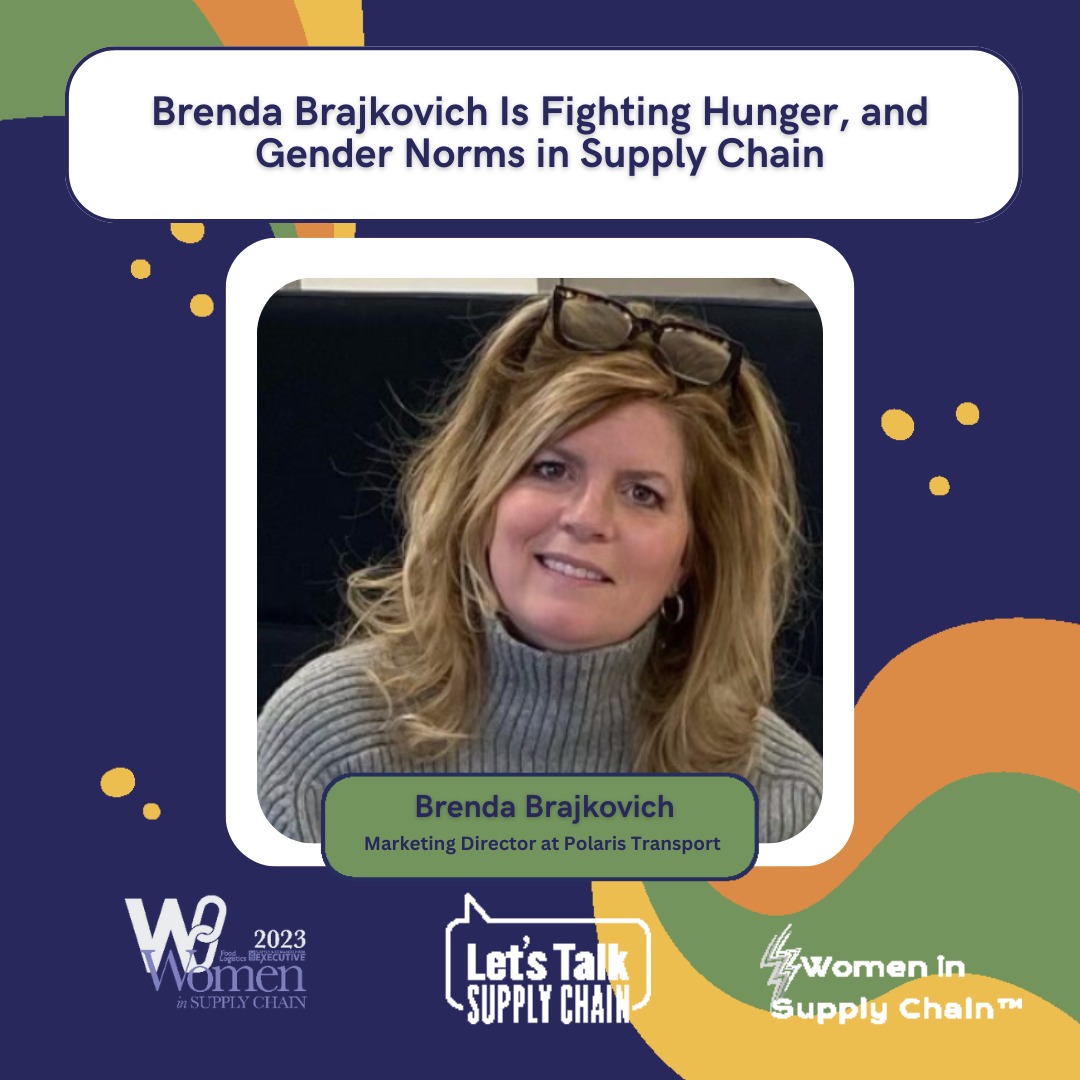Heightening geopolitical tensions and war have been presenting supply chain leaders with new challenges. The Russian War on Ukraine and the Hamas-Israeli war have created fresh challenges for global supply chains. Tensions have reached a boiling point in the regions in recent months. The war on Ukraine that started in 2014 and escalated with a Russian onslaught in 2022 has put severe limitations on one of the world’s major grain producers.
The Russian war on Ukraine has been a devastating pressure cooker for global trade. Major global corporations like Boeing and Ford pulled operations out of Russia. Hundreds of ships stocked with corn and wheat have sat stranded in Ukrainian ports with war-imposed restrictions on shipping in the Black Sea. These restrictions have created food shortages and only added to global inflation rates. The price hikes directly impact raw material costs in specific markets and transportation spending across the board, creating fresh challenges across industries, not limited to technology, food and beverage, and manufacturing.
Meanwhile, ongoing conflict in the Middle East inciting disruptions in the Red Sea is wreaking havoc on global maritime logistics. Shipping companies forced to reroute around the African continent are grappling with a profound and—let’s face it—expensive detour. They must bypass the Suez Canal for the longer Cape of Good Hope Route instead. The change in direction marks a powerful shift in international shipping dynamics, especially for Southern European nations. Experts are finding themselves grappling with questions about the positioning of Mediterranean ports and the future of global trade flows. These trends are causing a halting decline in traffic for the Suez Canal, a globally celebrated trade touchstone.
And with elections underway across the globe, international dynamics still in flux, and wars raging on with little sign of stopping, geopolitical tensions promise to have a powerful impact on supply chains for the foreseeable future. These novel supply chain challenges require diversity in thought and in the workforce. We know that organizations employing more women in leadership eclipse competitors. At Let’s Talk Supply Chain, we’re privileged to honor women in supply chain and their achievements in logistics and manufacturing. We believe that women in supply chain elevate business growth and transformation.
Let’s Talk Supply Chain’s Women In Supply Chain program, and our blog and podcast series explore the importance of nurturing gender diversity with intention, including investing in woman leaders and our nonbinary counterparts. We hope our Women In Supply Chain blog series motivates our readers to overcome traditional professional gender barriers for a profound impact and rethink what they can achieve.
Let’s Talk Supply chain is honored to highlight Brenda Brajkovich this month. Brenda is the Marketing Director at Polaris Transport where she brought seven years of agency experience. Since 2019, she has been driving palpable outcomes at the company and has continued to help the organization combat hunger in and outside of local communities.
1. Where did your supply chain journey start?
My journey began unexpectedly when I joined a marketing agency specializing in transportation and logistics. Over seven years, I developed a deep understanding and passion for the supply chain industry and was fortunate to have a mentor from the agency who taught me so much about the industry. My passion led me to take on a new role in 2019 as the Director of Marketing for Polaris Transportation Group, where I continue to contribute to the industry I love.
2. Have mentors supported your professional growth in supply chain?
I’ve had a few mentors throughout my journey including professors, business owners and company presidents. Each has profoundly impacted my career by sharing their knowledge, experience and guidance—boosting my confidence and ability to advance in the process. Their respect, candid conversations and constructive feedback have been vital to helping me achieve my professional goals. I’m very grateful for all of them.
3. What’s your experience working in a male-dominated industry?
My experience has been overwhelmingly positive. I’ve had the privilege of working with respected male leaders who have supported my career growth. Their guidance, along with the recognition of my expertise, has been instrumental to my professional journey, fostering a culture of encouragement and respect. I’m also glad to see more women joining companies like ours where we uplift each other while working together to pave the future of the supply chain industry
4. When did you find your voice in your supply chain career?
Finding my voice was a gradual process, but one pivotal moment stands out. When I transitioned from working at the marketing agency to becoming the Director of Marketing for Polaris Transportation Group, everything came together. In this role, I could leverage my industry knowledge and I realized the value of my insights and contributions. It also helps that our CEO, Dave Cox encourages you to bring ideas to the table and will provide 100% support. This led to my greatest achievement with Polaris—creating the Polaris Community Care Unit program to help fight hunger in our community and beyond. So far, the program has made a huge impact across our community, company, team, customers, and partners. This marks when I truly found my voice and gained the respect of my peers and others.
5. What advice do you have for women in supply chain and others looking to start a career in the industry?
I encourage women to join our industry where there are endless opportunities to strengthen their unique talents, grow, and advance on so many levels. Our essential and ever-evolving services will always be in demand since we’re at the center of managing trade across North America and the globe for a whole range of sectors. There are positions for all genders and skillsets—from IT to marketing, planning, operations, HR, sales, and much more. Today, more women are joining the supply chain industry, making an impact on how things are done and advocating for change. It’s a deeply rewarding career choice and I urge other women to explore supply chain.
6. Who do you admire in and outside of the supply chain?
I admire Lesley Veldstra Killingsworth, Polaris’s Vice President of Pricing and Market Strategy. She has made a significant impact on our company’s growth and has dedicated eighteen years to the trucking industry. In 2023, Lesley made history as the National Motor Freight Traffic Association’s (NMFTA) first chairwoman to join the Board of Directors. I appreciate her intelligence, confidence, empathy and integrity as she continues making strides in reshaping pricing structures for our industry. I’m so proud to work with such a strong, resilient leader and female influence. Oh, and not to mention she is a mom of two and never misses any of her kids’ activities!
7. What have you learned on your supply chain journey so far and what’s next?
I’ve learned that resilience and adaptability are essential to thriving in any industry. I’ve discovered a deep passion for transportation and logistics and have gained confidence in my ability to lead and innovate. Looking ahead, I aim to continue growing and learning within the industry, advocating for diversity, and contributing to the advancement of sustainable practices. The future holds endless possibilities, and I am excited to embrace new challenges and opportunities.
8. What does your Women In Supply Chain feature mean to you?
Being featured in the Women in Supply Chain series is a high honor. The series not only highlights the progress and contributions women are making in our traditionally male-dominated industry but also serves as an inspiration for future generations to join it. This recognition of women in supply chain underscores the importance of providing gender-inclusive spaces where diverse voices can drive our industry’s growth. I’m deeply grateful for the opportunity to share my journey and I hope it encourages other women to pursue their passions and thrive in their supply chain careers.
Calling all women in supply chain!! There’s a new initiative that’s 100% geared towards serving YOU!
Women in Supply Chain is an online community with the sole purpose of providing women in our industry with consistent support and opportunities, all year long.
Elevate Your Career with Women in Supply Chain!
Join a groundbreaking industry initiative that goes beyond networking. Women in Supply Chain is a diverse collective of professionals fostering growth, deep connections, and career development.
What you get:
- 3-hour Introductory Call
- Monthly Live Calls with a Professional Facilitator
- Access to a Private Online Community
- Women in Supply Chain T-Shirt
- FREE Access to The Supply Chainers ($175 Value)
Investment:
$1,000 deposit + $100/month membership Learn more + join here.
Take your future into your own hands & ask your company to add this to your professional development budget. Reach out to hello@
Spaces are going fast– Don’t miss out on this transformative opportunity!
Meet Our Sponsors
Food Logistics and Supply & Demand Chain Executive’s Women in Supply Chain award, sponsored by Let’s Talk Supply Chain podcast and Blended Pledge project, honors female supply chain leaders and executives whose accomplishments, mentorship, and examples set a foundation for women in all levels of a company’s supply chain network.
About the Author

Naomi Sylvian is a content marketing leader with more than 17 years of experience, and the editor of Let’s Talk Supply Chain™’s Women in supply chain™ series. Her works have appeared on Forbes, Mashable, Business Insider, The Muse, and Yahoo, and have been mentioned by The New York Times Online. Naomi mentors at-risk teens to fight recidivism and contribute on a local level, working with the Arizona Department of Juvenile Corrections. Subscribe to her LinkedIn newsletter, The Chain Explained, for all things Supply Chain broken down with as many pop-culture references as possible, or view her marketing portfolio online.












